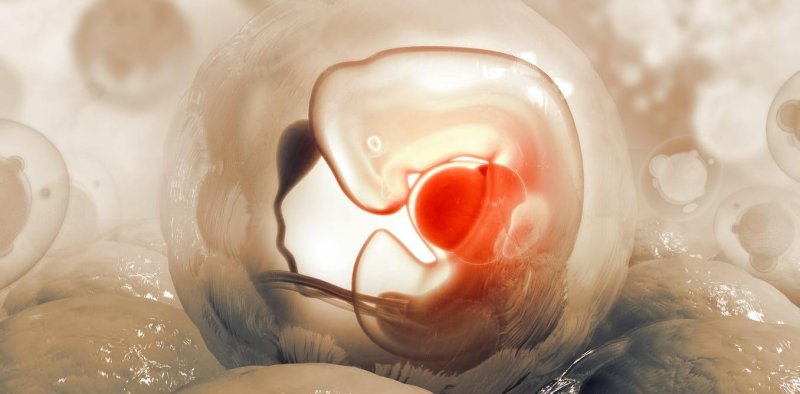Most scientists want clear boundaries delineating which experiments [on human embryos] are acceptable, both legally and to society. And the public wants reassurance. That is why the International Society for Stem Cell Research (ISSCR) has updated its guidelines to reflect current science. These guidelines set standards that are consulted by researchers, policymakers, and funders, journals and others who review research.
…
What changes did we recommend? Perhaps the most striking is relaxing the ‘14-day rule’, the limit to culturing intact human embryos in the laboratory, which has been written into law by some dozen countries, including the United Kingdom and Australia.
…
The ISSCR’s solution is to require review and approval of proposals to study embryos beyond 14 days. (The approval process, whether by institution or national body, varies by country; all should have representation from specialists and lay members.) Importantly, each proposal should be judged individually, on whether the research is justifiable in terms of the value of the information obtained.
Blanket bans enshrined in law appeal in their simplicity, yet leave the public worse off, and are more vulnerable to dogma or instinct rather than evidence. Guidelines from international scientific societies can offer leadership in reassuring scientists and the public.































